In today’s hyper-digital communication landscape, acronyms are more than just convenience—they’re cultural codes. One of the most widely used is “IMO,” short for “In My Opinion.” Whether you’re texting friends, replying on social media, or commenting in a workplace Slack thread, the way you express your thoughts matters. Understanding the tone and implication behind such acronyms can elevate your communication—from casual to polished.
But in 2025, language standards are evolving. More people are becoming mindful of tone, professionalism, and inclusivity in digital interactions. That’s why this article doesn’t just define IMO—it dives deep into how, when, and why to use it, and what alternatives may better suit your intent.
What Does “IMO” Mean in Text?
IMO stands for “In My Opinion.” It’s used to preface a statement that reflects one’s personal viewpoint, rather than an objective fact.
✅ Example:
“IMO, that movie was overrated.”
In this sentence, the speaker acknowledges that their statement is subjective—leaving room for others to disagree respectfully.
Is There a Difference Between IMO and IMHO?
Yes—tone. While IMO simply states an opinion, IMHO (In My Humble Opinion) adds a layer of modesty—or sarcasm, depending on the context.
🧠 2025 Insight:
Studies in digital tone perception (2025 SocialTone Analytics Report) show that IMHO is now more likely to be interpreted as sarcastic, especially among Gen Z and Gen Alpha audiences.
“IMHO, that policy is a total disaster” could come off as passive-aggressive or insincere.
So, for professional use, IMO is safer and clearer.
When Should You Use “IMO”?
You should use IMO when:
- You want to soften your assertion.
- You’re giving subjective feedback.
- You’re in a casual or semi-casual communication space (e.g., group chats, forums, friendly workspaces).
⚠️ When Not to Use It:
Avoid “IMO” when:
- Writing formal business emails.
- Addressing superiors or external clients.
- You need to sound confident or authoritative.
11 Superior Alternatives to “IMO” Based on Tone & Context
Choosing the right phrase can make your message sound thoughtful, respectful, or assertive—depending on your intention. Here are 11 polished alternatives, categorized by tone and purpose.
1. “From my perspective…”
🟢 Polite | 🏢 Semi-formal | 👥 Inclusive
“From my perspective, the strategy aligns well with our long-term goals.”
This version adds emotional intelligence and is perfect for corporate discussions.
2. “Personally, I believe…”
🟢 Confident | 🏫 Academic or professional
“Personally, I believe AI will reshape education by 2030.”
Adds ownership and strength to your viewpoint while remaining respectful.
3. “It seems to me that…”
🟢 Gentle | 🧠 Analytical
“It seems to me that user engagement drops after the first interaction.”
Softens the statement without sounding unsure.
4. “In my experience…”
🟢 Authoritative | 👩💼 Professional or mentoring tone
“In my experience, quarterly reviews drive better team alignment.”
Gives weight to your opinion with real-world credibility.
5. “If you ask me…”
🟢 Conversational | 💬 Informal and friendly
“If you ask me, the best time to post is still 9 a.m.”
Adds a personal flair, great for casual settings.
6. “I feel that…”
🟢 Emotionally aware | 🫶 Empathetic conversations
“I feel that this feedback might be a bit harsh.”
Shows emotional responsibility and helps navigate sensitive dialogues.
7. “I’d suggest…”
🟢 Directive | 👔 Business-focused
“I’d suggest using more visuals in the next pitch.”
Polite, yet solution-driven—ideal for constructive feedback.
8. “To my mind…”
🟢 British English variant | ✒️ Formal and academic
“To my mind, the evidence strongly supports the hypothesis.”
Elegant and scholarly; gaining traction in formal writing circles in 2025.
9. “One could argue…”
🟢 Debate-friendly | 🤓 Academic or philosophical tone
“One could argue that innovation often stems from constraints.”
Keeps the discussion open-ended and neutral.
10. “In my honest view…”
🟢 Transparent | 🙋♂️ Personal & sincere
“In my honest view, we’re not prioritizing customer experience enough.”
Great for one-on-one discussions or reflective pieces.
11. “Here’s how I see it…”
🟢 Engaging | 📱 Great for social media or opinion columns
“Here’s how I see it: the creator economy is just getting started.”
Invites dialogue, perfect for Twitter/X and LinkedIn.
How to Choose the Best Alternative? (Contextual Analysis)
In 2025, digital communication tools like Slack, Zoom, and Google Chat have integrated tone analyzers and AI-powered clarity tools. To align with these, your wording should match your communication setting:
| Context | Recommended Phrases |
|---|---|
| Formal Business Email | “From my perspective,” “In my experience” |
| Team Feedback | “I’d suggest,” “Personally, I believe” |
| Academic Writing | “To my mind,” “One could argue” |
| Friendly Chat | “If you ask me,” “Here’s how I see it” |
| Client Communication | “I feel that,” “In my honest view” |
Why Tone and Clarity Are Crucial in 2025
Language continues to adapt to remote-first environments, AI moderation, and multicultural team structures. In the past year alone, 61% of HR professionals (per 2025 LinkedIn Workplace Survey) cited “tone misinterpretation” as a leading cause of digital communication issues.
That’s why selecting polished, empathetic phrasing is more than semantics—it’s a form of digital literacy.
Summary: Should You Still Use “IMO”?
Yes—but with discretion. IMO is effective in informal contexts where brevity is expected. However, it’s often worth swapping it for a more tailored, emotionally intelligent alternative—especially when tone and intent matter most.
When in doubt, ask: “What does this phrase signal to the reader about my mindset?”
Final Thoughts: Language Evolves—So Should You
By 2025, acronyms like “IMO” are part of our shared digital vocabulary—but elite communicators go beyond them. Whether you’re networking, posting online, or engaging with a global team, every word you use is a choice that shapes how others perceive your professionalism and presence.


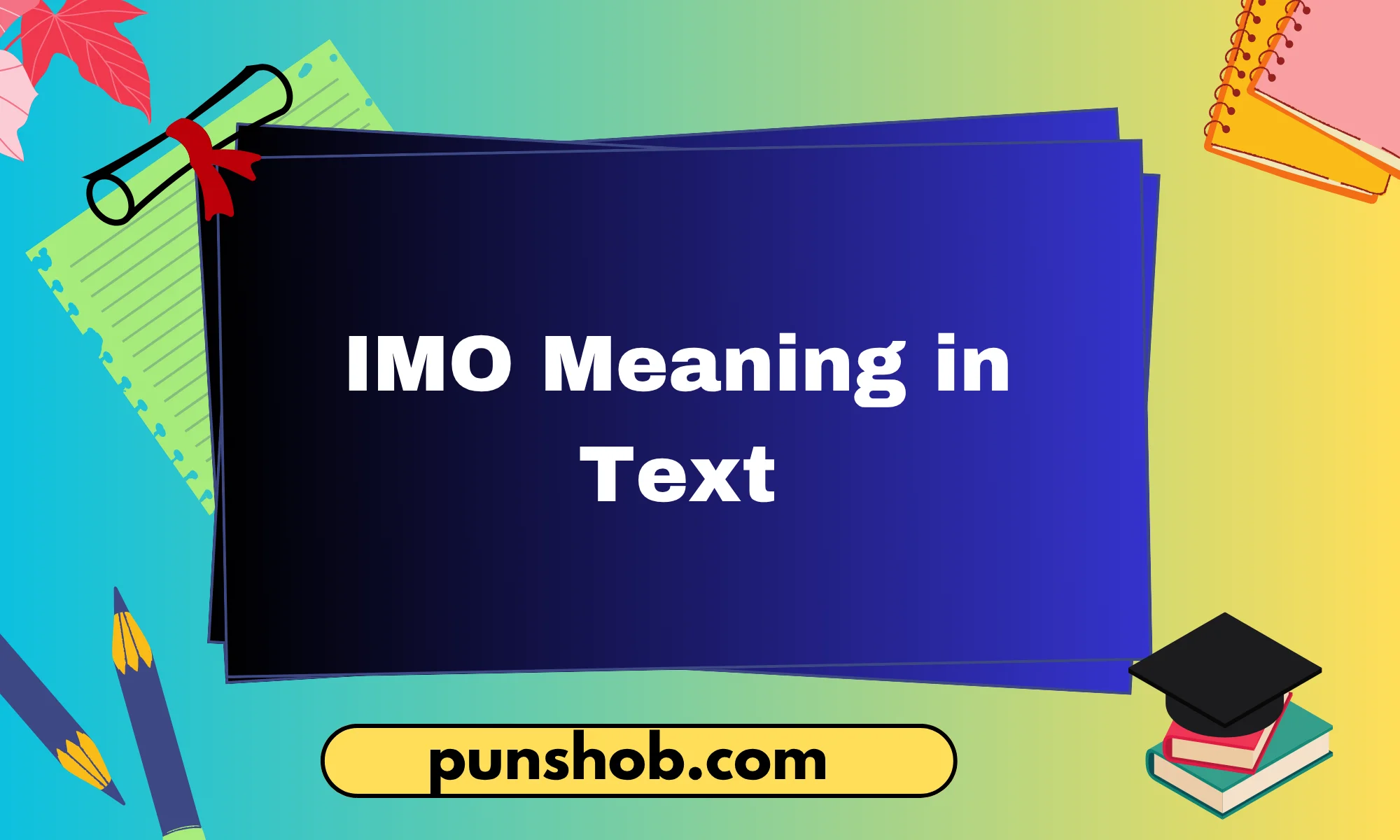





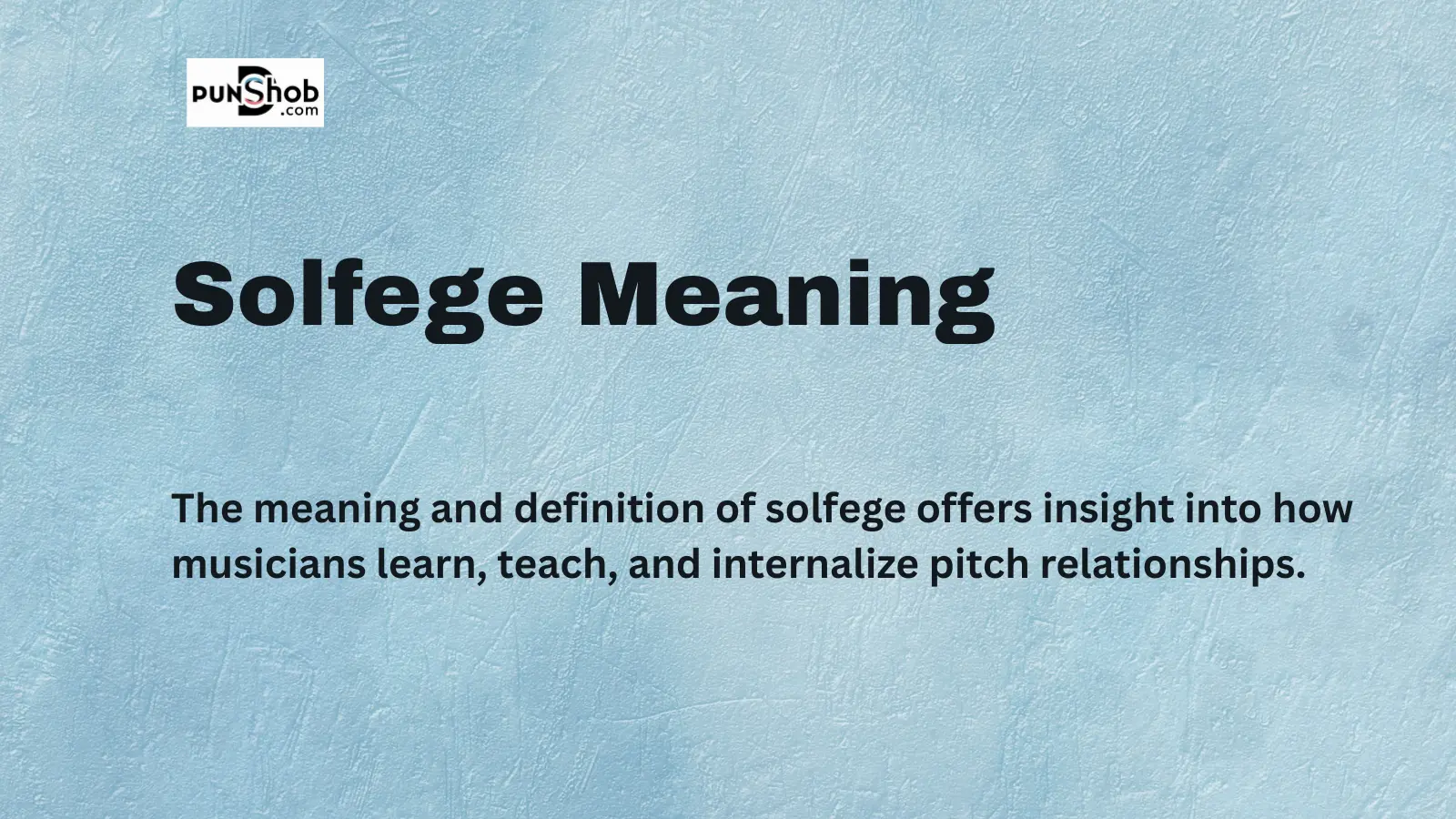

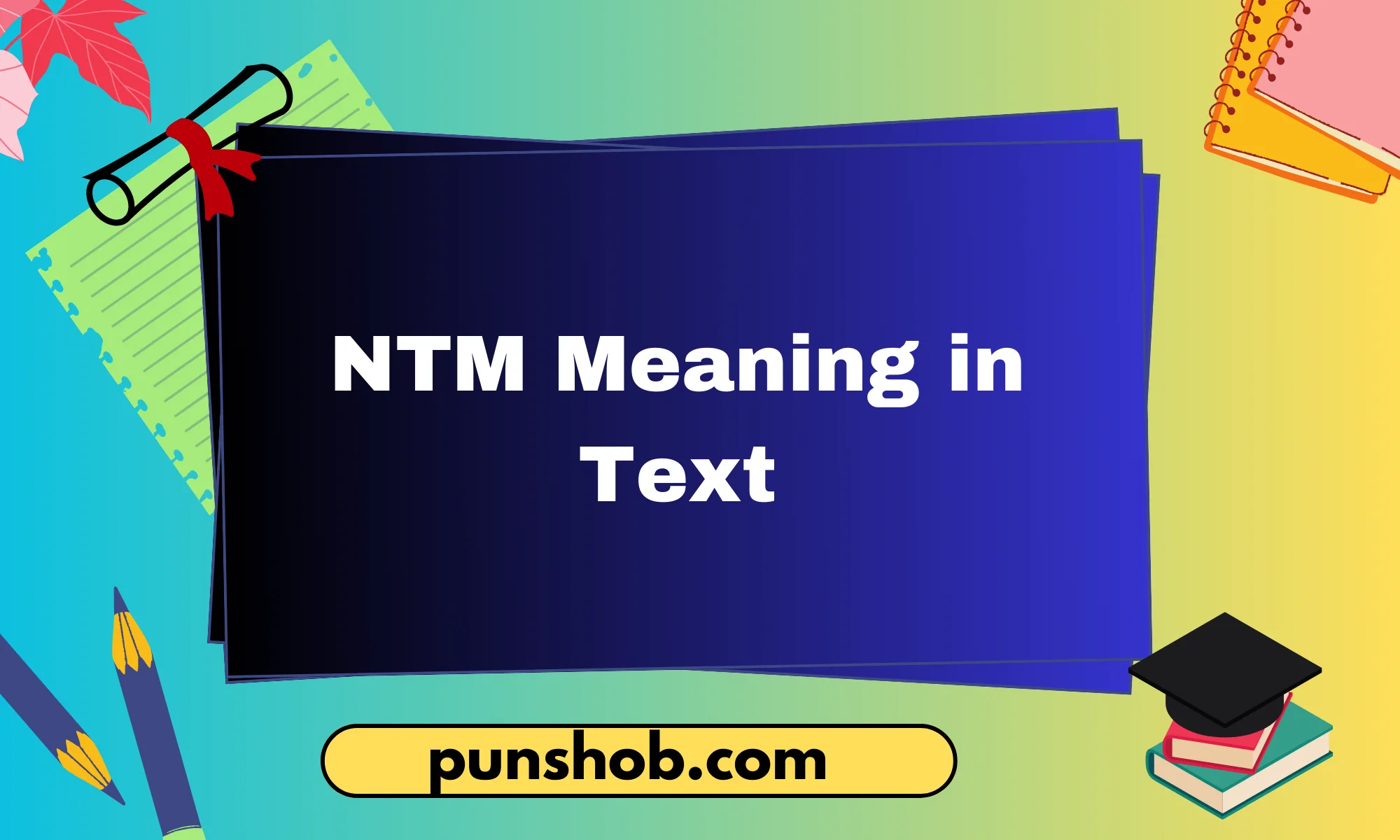
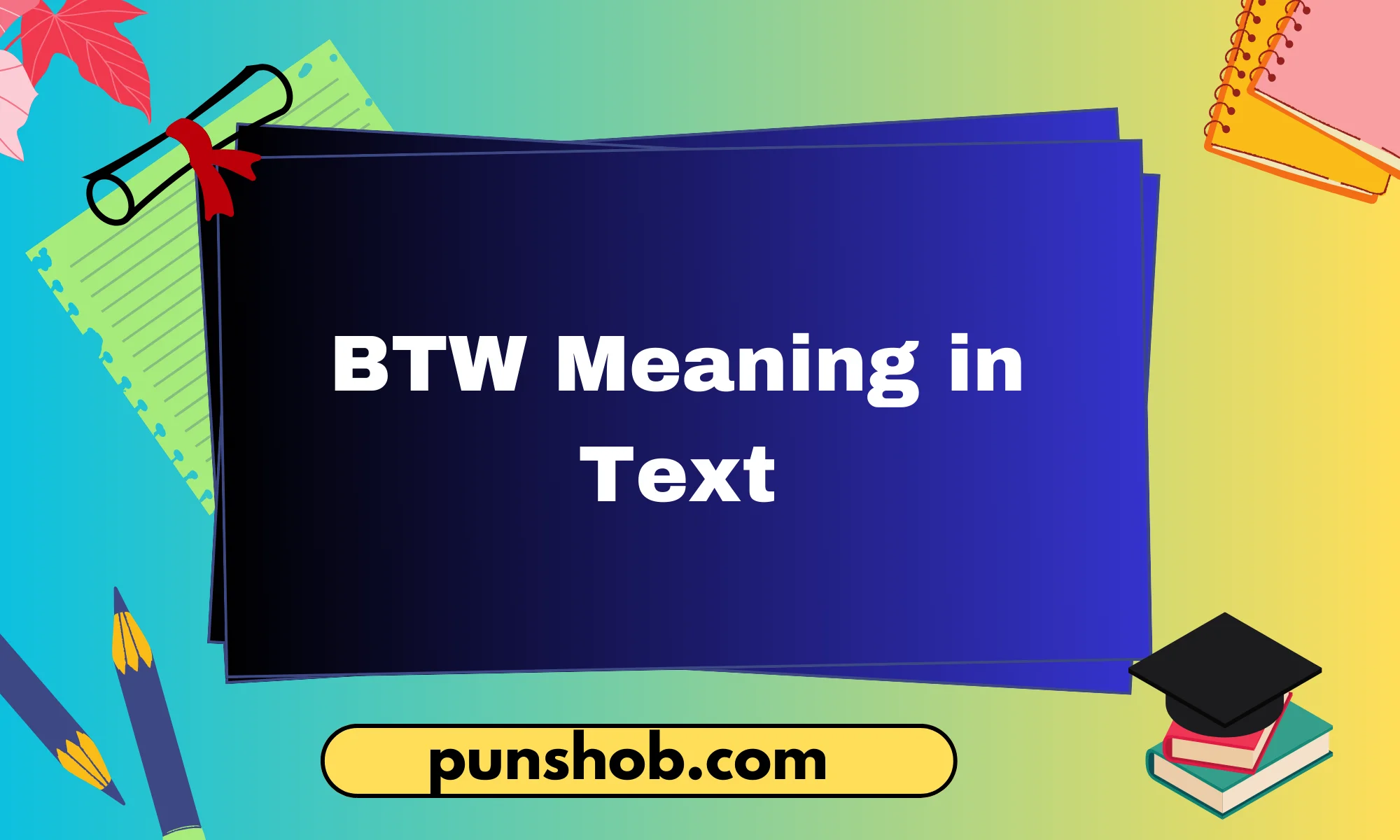
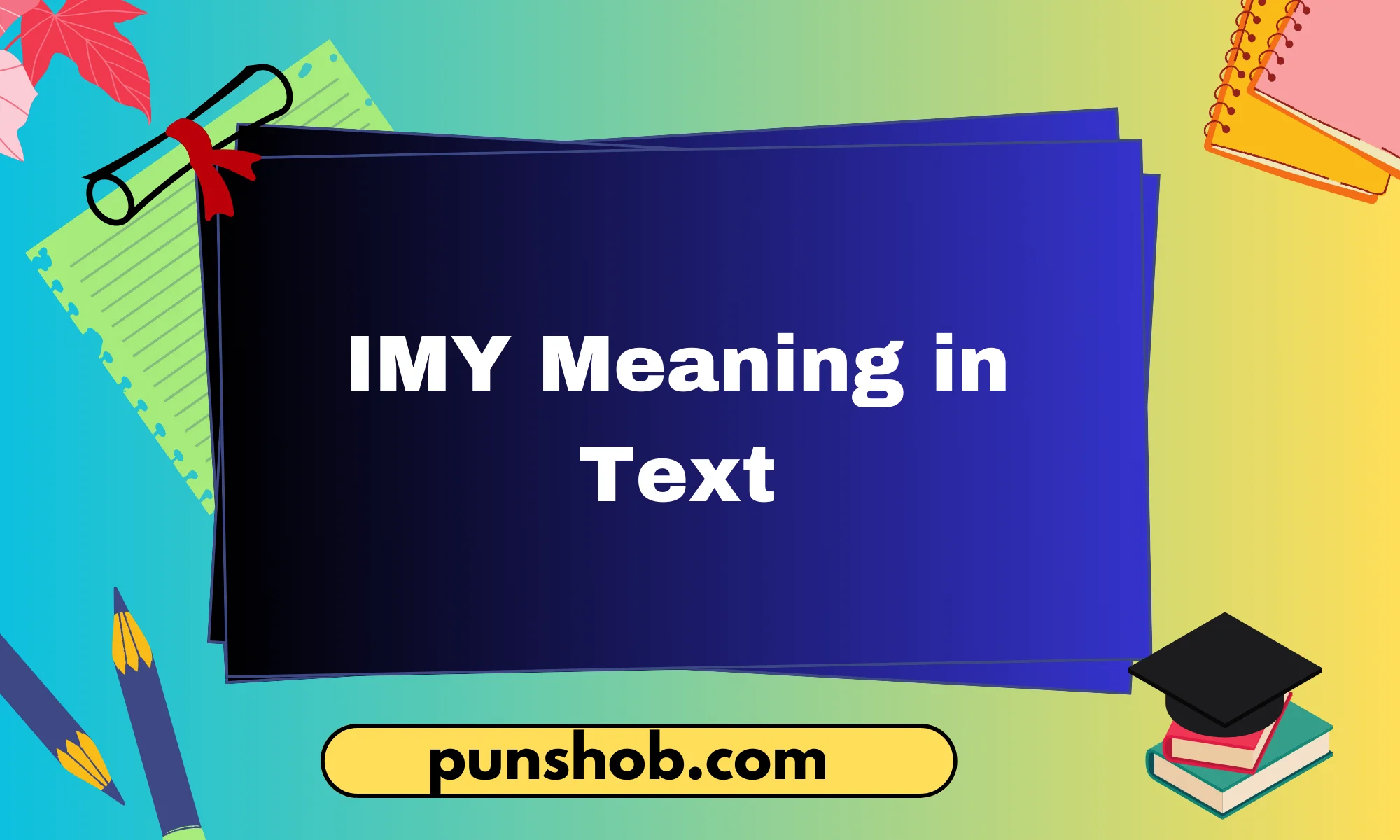
Leave a Reply